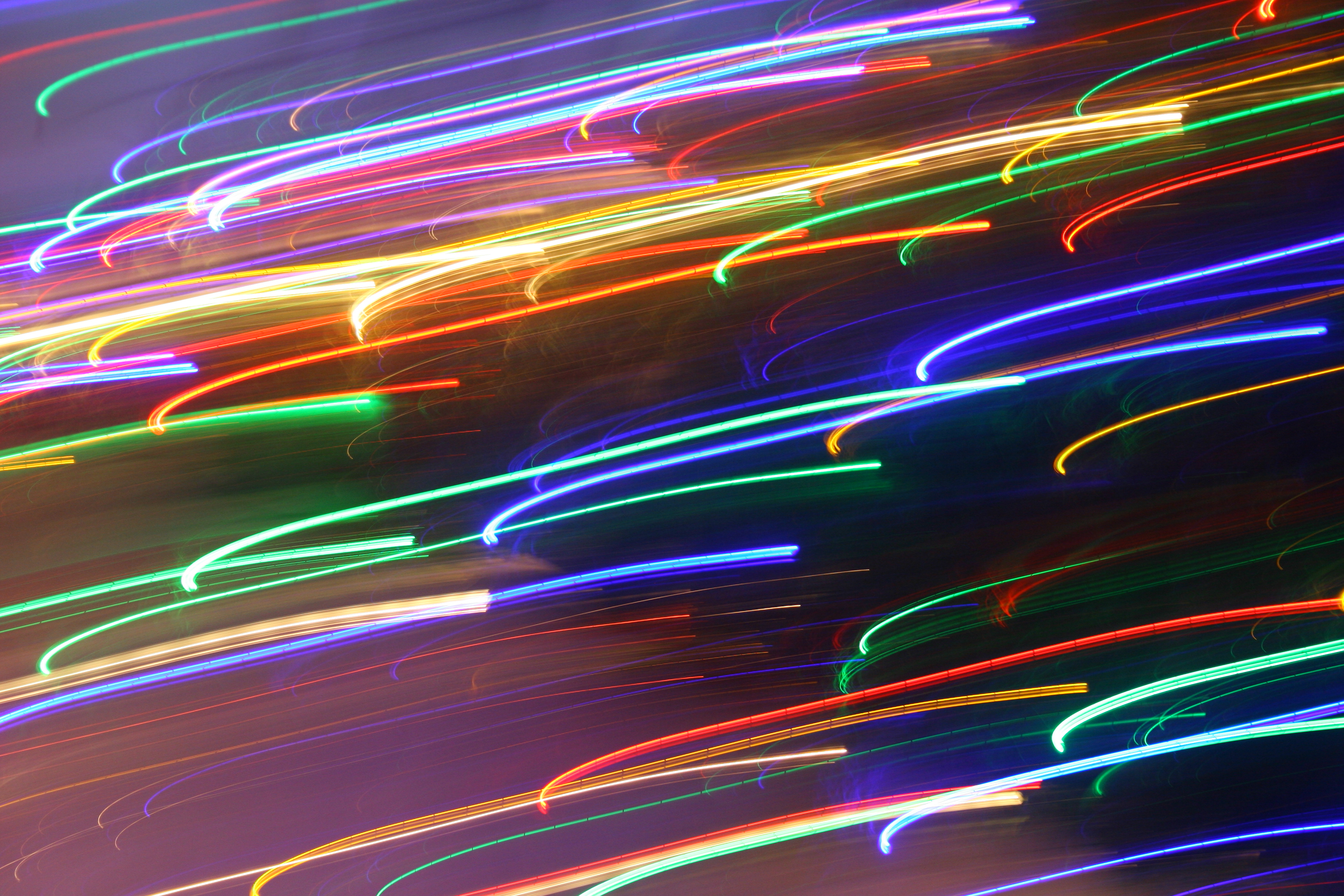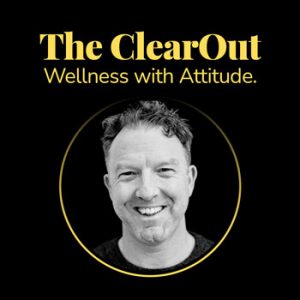I wanted to write something about Life’s (capitalised because it is oh-so-important) essential unknowability, its elusiveness, its paradoxical impermanence and so I found myself fluttering over the wisdom of Heraclitus (535-475 BC) one of the first philosophers I was exposed to as a wide-eyed, uncomprehending naif in my first year at university. The single thing I remembered of his teachings before refreshing my memory was “All life is flux.” Not to be confused with reflux even though that too would be quite a nice metaphor for existence’s generally indigestible nature. No, flux, meaning flow. Flow meaning continuous movement, that which does not remain still. The opposite therefore, of stasis.
And is that not your own experience of Life? No matter what you do, Life keeps moving. You take a time out and resume when you’re ready but Life doesn’t pause the stopwatch waiting for you, it proceeds on its own timeless journey. The metaphor that Heraclitus used was very simple. He maintained that Life was like a river and “no man ever steps in the same river twice.” It is an unceasing sequence of moments that have passed the very moment you identify them. Just getting your head around that concept can be a breathless experience but sadly we have unknowingly become masters of breathlessness in our struggle to put shape on our lives. We crave structure and stability and security. Why? Because western society has evolved adhering to the belief that order is preferable to chaos and form is preferable to dissolution. And to be fair, it probably is the least destructive model to contend with. It is of course merely an agreement on rules of behaviour but one that most of us go along with for no other reason than why would you do anything different?
And yet for all that form and structure there is no end of tension, stress and anxiety in our modern lives. Life keeps pelting us with curve balls and ambushing us with its refusal to conform to our world view. So there is a fundamental contradiction. On the one hand you have Life in all its enormity and relentlessness and on the other you have you, alone in the universe, trying to eke out something meaningful and coherent from a position of stability and stillness(and by alone I do not mean that you are on your own but rather am thinking of your core individuality and separateness within family/relationship/community etc.). Heraclitus had another classic to describe this: “Eternity is a child moving counters in a game.” Well if that doesn’t make you feel insignificant I don’t know what will! For many people of faith eternity is the reward that follows our earthly existence and doubtless that is something profoundly comforting. I personally have no idea nor conviction of what comes next so I prefer to think of the here and now as eternity. Certainly your lifetime is your section of all time i.e. all time that has gone before your arrival and all time that will occur after your departure. Can you embrace its simultaneous finiteness and rippling vastness? Heraclitus seemed to think there was little point, likening human opinions to the playthings of a child hence the aforementioned saying. Apparently we are but mere counters in Life’s game of tiddlywinks.
If we are in agreement that Life does indeed feel like this the question then becomes one of personal response. That we are part of a greater whole is not in doubt but it is up to the individual to decide whether that is to be framed in the physical or metaphysical realm or both. We can take metaphysical to mean any one of a number of things but essentially let it refer to a force or power that is ‘beyond the physical.’ That may then become an acceptance that there is something much bigger than us that cannot be contained. Is not that bigger something Life? And if we agree it cannot be contained why do we insist on trying to put a form on it? We would surely expend much less futile energy by bringing our attention closer to ourselves and to smaller, more attainable tasks. This is perhaps why peace of mind can be achieved through practised routine and ritual that engages with humble and mundane activities. To reconcile ourselves with that which cannot be known we focus on that which is daily and permanently knowable. This doesn’t have to be the cultivation of a Zen garden or the recital of a meditation but could be something as simple as your morning cleansing routine, the arrangement of your breakfast table or the way you greet the first person you see each day (that could be you of course). Life’s vitality and wonder is in the everyday experience and the value you decide to give it.
This is not to say that every moment is wonderful. That is patently not the case. Life throws the lot at us. The euphoric and the devastating. The sacred and the profane. The storm and the calm. Life is nothing if not a maelstrom of endless complexities and contradictions and we are a part of it. Not only that, we are a product of it. And is it possible to be a part and product of something the unpredictability and variety of which is irrefutable and not then be elementally unpredictable and various ourselves? I don’t think so. The refusal to accept that truth causes us a lot of pain as we reject those parts of our selves we consider unattractive and dysfunctional. We try and suppress things that are part of our very nature and this inevitably leads to inner conflict. Think about that. The refusal to accept what is natural leads to conflict and tension. And what is more natural than a river like the one mentioned by Heraclitus?
I’m thinking of the Hoover Dam now. What an awe-inspiring feat of human engineering. A huge construction that was built during America’s Great Depression to contain 35 billion cubic metres of water from the Colorado River. Impressive. But who does not look at the dam and feel that shudder of dread as they wonder “what if it bursts?” Over a hundred lives was the human cost of building the Hoover Dam. Thousands of workers and millions of dollars to create something that was designed to contain one of nature’s most powerful elements. A monument both to human endeavour and to human ego. Bring it back to you. Each of us juggles the presence of endeavour and ego in our lives. Ego is awareness, vision and belief. Endeavour is what you do with it. All the while Life is pulsing within and without regardless of your desire to control and formulate.
Are you going to build a dam? Or are you going to let the river keep flowing?




Thanks DC. You’ve got your mojo working. Keep it flowing.c
Great post. Order gets a good rap, but I think it can be extremely destructive (in an orderly, sneaky, unforeseen consequences kind of way). The river can be rough sometimes, but I say let it flow! Somehow I always end up getting wet anyway. Thanks for the like on ‘How to Cook Dragon Meat’ and leading me back to your blog!
Thanks Jason, it’s all a bit of a juggle, isn’t it! All you can do is keep going.
Jesus that’s a lot to take in. I’ll get back to you…
Interesting article, Dara! I like the juxtaposition of Heraclitus’ river and the Hoover Dam.
The wish to contain nature, when we are nature ourselves, is fascinating and a bit scary. It makes for exactly the sort of tension you feel when you walk across a dam.